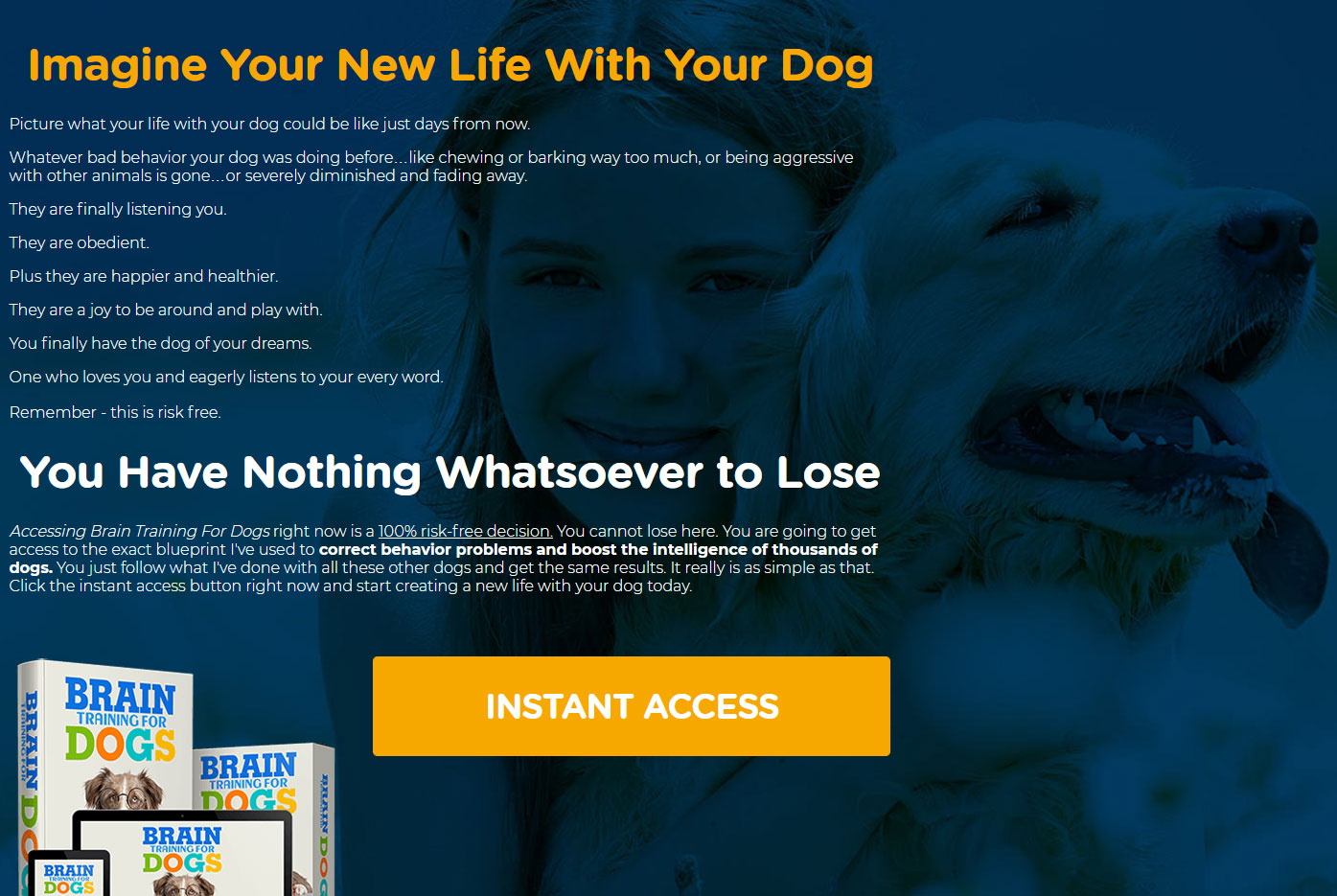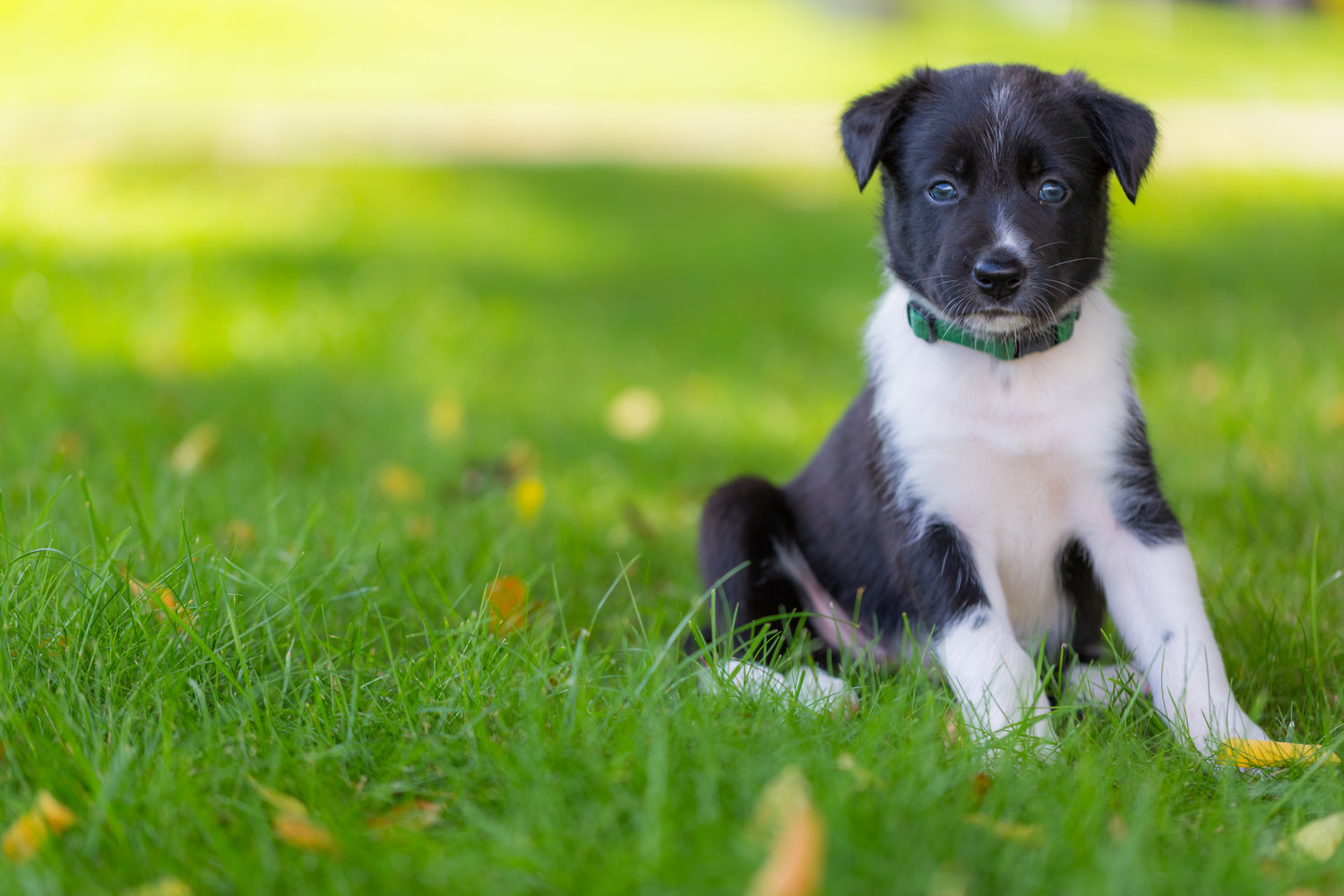When can a puppy go outside for the first time
If you have just welcomed your puppy, you probably have many questions about going out. At what age should you take him out? Is there a risk that he will catch diseases? What equipment should you use? How to teach him to be clean and to walk on a leash? We propose to answer all your questions so that the arrival of your puppy goes as well as possible.
When can you start taking a puppy out?
It is possible to adopt a puppy from the age of 8 weeks. Puppies usually arrive in their new family at the age of 2 months.
There is a very important stage in the development of puppies, between the age of 3 weeks and 3 months, which is called the socialization period. During this period, the puppy must be progressively accustomed to different noises, places, people, animals, etc... A dog raised in an environment with little stimuli during this period may later develop phobias, anxiety, aggressiveness, etc...
It is therefore very important that puppies go out before the age of 3 months to be used to the street, to the noise of cars, to other people, etc... They must be used to the different stimuli they will be confronted with during their life in the family, in the city or in the country. However, taking them outside exposes them to diseases, such as parvovirus for example. Puppies are protected against these diseases before the first vaccinations by maternal antibodies. Then to reduce the risk of disease, it is important to vaccinate the puppies, starting at 8 weeks of age.
To ensure that the puppies are properly protected against diseases, it is recommended to give three primary injections at 8, 12 and 16 weeks of age. With the first injection, the majority of puppies are adequately protected against disease. However, the other two primary injections are essential for the establishment of a long-lasting protection against these diseases (the recall will be done one year later).
It is important to know that even if the puppies do not go outside, they can be confronted with infectious agents without direct contact with sick dogs (through their owner's clothes for example). Therefore, there is no such thing as zero risk for puppies whether or not they are taken outside. Therefore, considering the benefit/risk balance, it is essential to take the puppies out as soon as they are adopted!
What are the lessons to be learned during the outings?
As we said above, the first outings are essential for your dog to have a balanced behavior throughout his life.
Take your puppy out in different places, in the presence of different people, etc...
Preferably, equip him with a harness and a fixed length leash for learning to walk on a leash. Collars can be responsible for injuries to the neck and trachea when the animal pulls, so harnesses are preferable.
Two cases are possible. First, puppies may refuse to move forward. In this case, call your puppy by his name and entice him with a toy or a treat. He'll soon understand that he needs to move forward on outings!
If your puppy is pulling on a leash, it's a good idea to get his attention by calling him or with toys and treats. If possible, anticipate pulling on the leash (before meeting another dog, for example). Always remember to reward and praise him when he walks calmly.
Good to know: dog trainers can help you educate your dog, so don't hesitate to call on them when your dog is very young.
During outings, you can also take the opportunity to rework certain exercises learned at home: sit, down, give the paw, etc...
Potty training is also very important in the weeks following your dog's arrival at home. It is important to take him out often, especially after naps and meals. Your puppy should be praised and rewarded when he does his business outside.
Finally, don't forget that your puppy will undoubtedly be tempted to taste all sorts of things that are not necessarily good for him (rocks, dirt, cigarette butts, etc.). So be careful when you go out!


